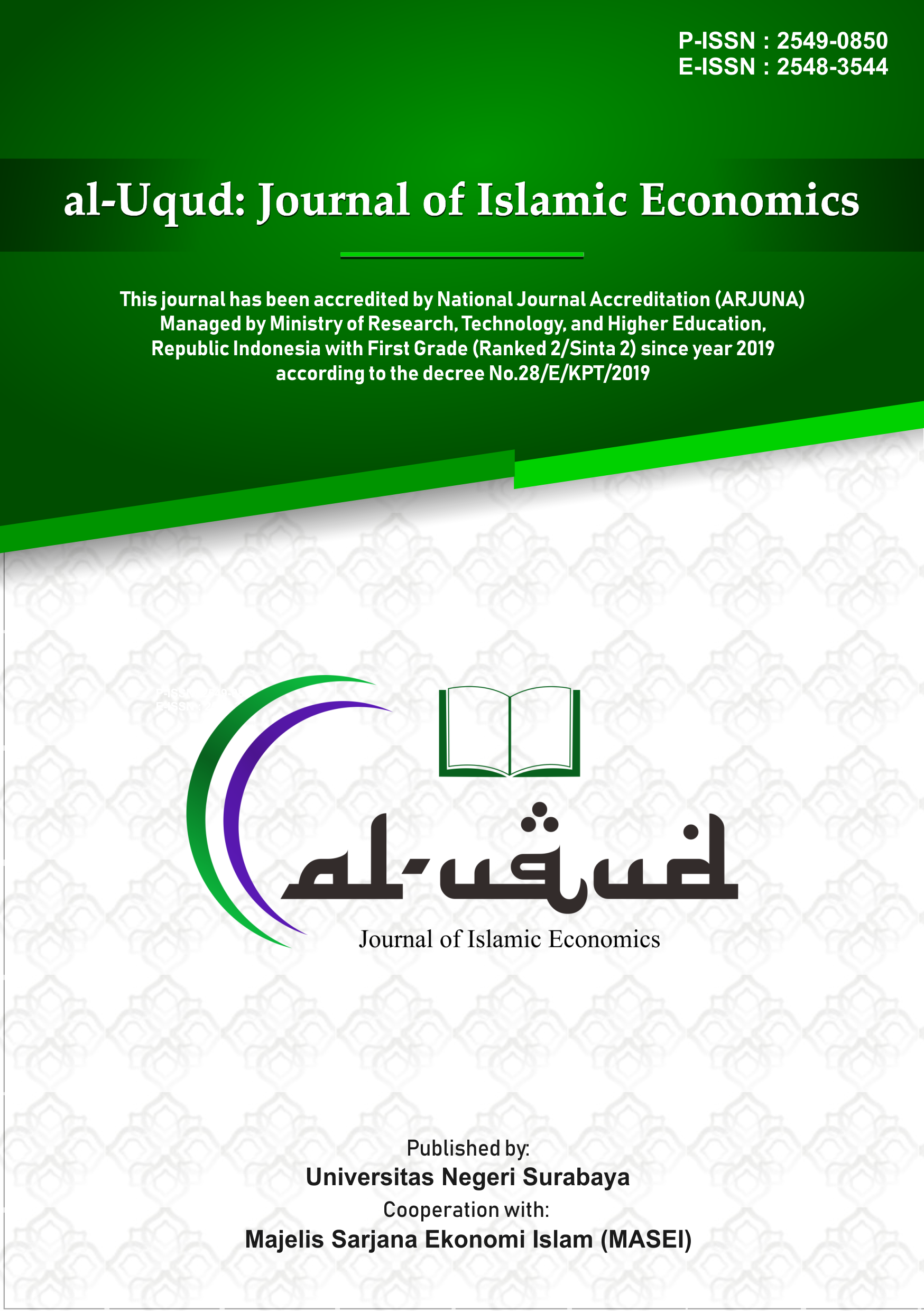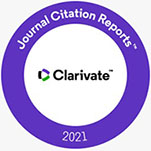The implementation of spiritual and financial accountability in Islamic boarding school
DOI:
https://doi.org/10.26740/aluqud.v6n1.p84-95Keywords:
Accountability, Accounting, Financial, Spiritual, Islamic Boarding SchoolAbstract
Islam views that accountability should not only be aimed at humans but also Allah. Pesantren, one of the Islamic-based religious institutions, has aided in addressing the educational demands of a wider segment of society. There are ongoing requests for pesantren to display accountability in more suitable ways as they obtain money from stakeholders. Since Islam believes that accountability should not only be financially oriented but is aimed at worshipping Allah and obtaining blessings, the current research aimed to introduce critical themes of pesantren accountability. We were interviewed ten key informants of Assalafi Al Fithrah Islamic Boarding School, Surabaya. By using phenomenology as a method, we found three themes of accountability. First, spiritual accountability is reflected by has a sincere heart and a noble goal. They work for more reasons than just financial aim and welfare, but to do their khidmah (dedicate or submission).They hope to assist both the students and the neighborhood surrounding the Islamic boarding school by offering welcoming places of prayer and by holding frequent Islamic preaching events. In term of program accountability, every activity or program at an Islamic boarding school must be reported in order to ensure that it is accountable. Each program is also widely published using the official Islamic boarding school web site and social media. Financial accountability is reflected by the adaptation of PSAK 45 in the preparation of financial statements. The Islamic boarding school, on the other hand, concluded that financial reporting should not be restricted to paper reporting exclusively. Real responsibility for Islamic boarding schools comes from publicly disclosing their development, at a greater sermon attended by the wider community.
References
Alessandro, M., Cardinale Lagomarsino, B., Scartascini, C., Streb, J., & Torrealday, J. (2021). Transparency and Trust in Government. Evidence from a Survey Experiment. World Development, 138, 105223. https://doi.org/10.1016/j.worlddev.2020.105223
Badrudin, B., Satori, D., Komariah, A., & Kurniady, D. A. (2021). The Implementation of Pesantren Financing Based on Agribusiness Social Entrepreneurs. Jurnal Ilmiah Peuradeun, 9(1), 17. https://doi.org/10.26811/peuradeun.v9i1.504
Creswell, J. W., Qudsy, S. Z., & Fawaid, A. (2012). Research Design: Pendekatan Kualitatif, Kuantitatif dan Mixed (Ke-3). Pustaka Pelajar.
Miles, M. B., Huberman, A. M., & Saldana, J. (2014). Qualitative Data Analysis: A Methods Sourcebook. Sage Publication.
Steiner, S. (2012). Faith-Based Accountability Mechanism Typology. SAGE Open, 2(2), 215824401245070. https://doi.org/10.1177/2158244012450705
Undang Undang Republik Indonesia No. 18 Tahun 2019 tentang Pesantren, (2019).
Wirawan, D. T. (2019). Social Accountability Process of Islamic Boarding School: Case Study of Sidogiri Pasuruan Islamic Boarding School. International Journal of Multicultural and Multireligious Understanding, 6(1), 134. https://doi.org/10.18415/ijmmu.v6i1.497
Yuesti, A., Novitasari, L. G., & Rustiarini, N. W. (2016). Accountability of Non-Government Organization from the Perspective of Stakeholder Theory. International Journal of Accounting and Taxation, 4(2), 98-119. https://doi.org/10.15640/ijat.v4n2a7
Downloads
Published
How to Cite
Issue
Section
License
Copyright (c) 2022 The author(s)

This work is licensed under a Creative Commons Attribution 4.0 International License.
CC BY 4.0 Abstract views: 648
,
Abstract views: 648
, PDF Downloads: 510
PDF Downloads: 510








